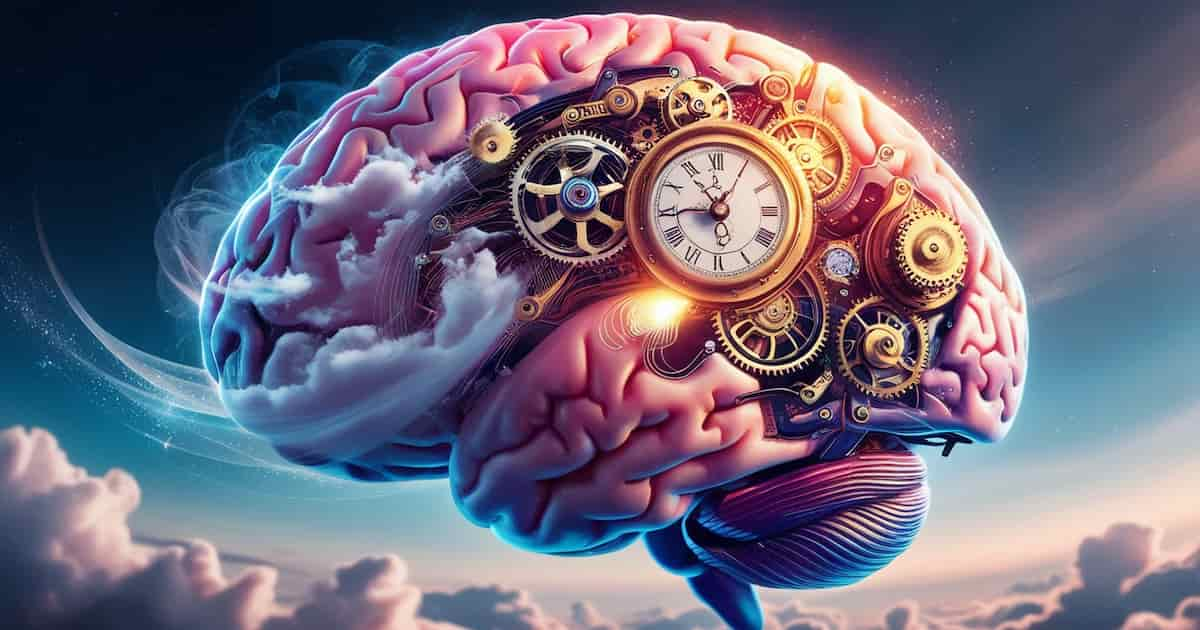
I was recently reading Dean Buonomano’s book “Your Brain Is a Time Machine: The Neuroscience and Physics of Time“, which explores the concept that the primary function of the brain is to record past events and use that information to predict the future, which is crucial for survival. Here are a few additional points that can be made to expand on this idea:
- Evolutionary advantage: The ability to predict future events based on past experiences provides a significant evolutionary advantage. Organisms that can anticipate and prepare for future challenges, such as finding food or avoiding predators, are more likely to survive and pass on their genes.
- Memory and learning: The brain’s capacity to record and store past events is closely tied to memory and learning. By encoding and consolidating information about past experiences, the brain can create a repository of knowledge that can be used to make informed decisions and predictions about the future.
- Pattern recognition: The brain is highly adept at recognizing patterns and regularities in the environment. By identifying recurring patterns in past events, the brain can make more accurate predictions about future outcomes, which can help guide behavior and decision-making.
- Adaptive behavior: The ability to predict the future based on past experiences allows organisms to engage in adaptive behavior. By anticipating future challenges and opportunities, individuals can proactively adjust their actions to maximize their chances of success and minimize potential risks.
- Mental simulation: The human brain is capable of engaging in mental simulation, which involves imagining and planning for future scenarios based on past experiences. This ability allows individuals to mentally rehearse and prepare for potential future events, enhancing their chances of success when faced with similar situations in real life.
Additionally, there is a complex relationship between the brain, time perception, and the nature of time itself. Here are more main ideas on the topic of your brain and time:
- The brain as a time machine: Buonomano argues that the primary function of the brain is to record past events and use that information to predict the future, which is essential for survival.
- Perception of time: The book delves into how the brain perceives and processes time, including the role of various neural mechanisms, such as the suprachiasmatic nucleus and the basal ganglia, in regulating our sense of time.
- Temporal illusions: Buonomano discusses various temporal illusions, such as the stopped clock illusion and the flash-lag effect, to demonstrate how the brain’s perception of time can be distorted.
- The arrow of time: The author explores the concept of the “arrow of time,” which refers to the unidirectional flow of time from the past to the future, and how this relates to the second law of thermodynamics and the increase of entropy in the universe.
- The nature of time: The book also touches on the ongoing debate about the nature of time itself, including the theories of relativity, quantum mechanics, and the possibility of time travel.
Throughout the book, Buonomano combines insights from neuroscience, psychology, and physics to provide a comprehensive and accessible overview of the complex relationship between the brain and time.
Related content:
- How To Truly Motivate Yourself To Do Anything
- The Psychology of Guilt Corrects, Shame Withdraws: Why This Distinction Changes Everything
- The Unexpected Power of What We Say: A Reflection on “Hung by the Tongue”
- Why Rejection Feels Like Physical Pain And What You Can Do About It
- The Overactive Mind as a Parasite or False Self